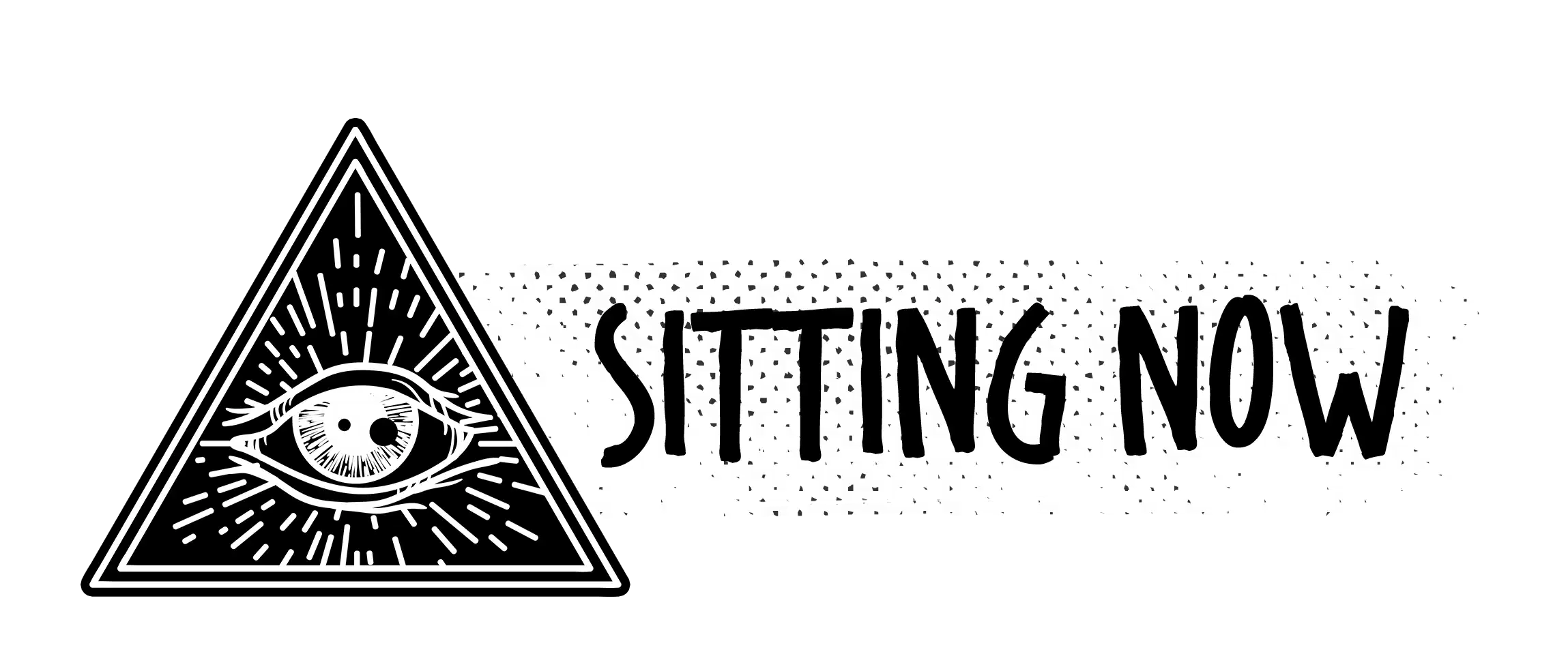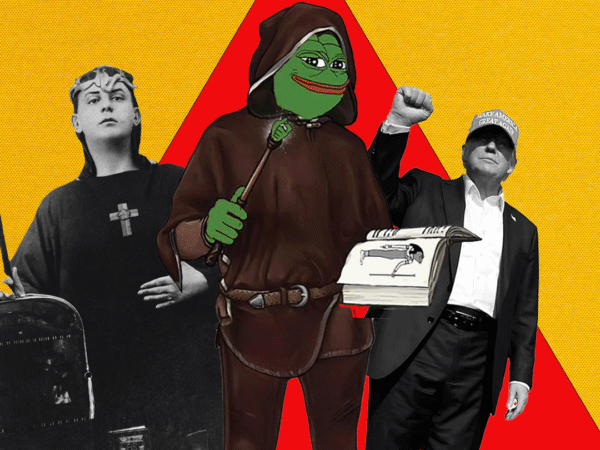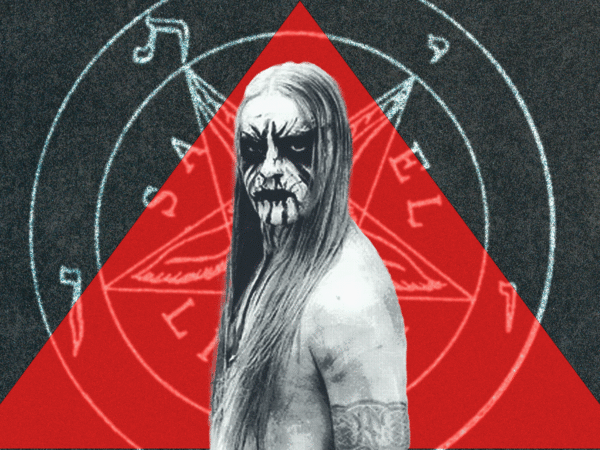 Austin Gandy is the only man I know that can wear a long black coat in the middle of summer, and not look like an obsessed fan-boy of ‘The Crow’. He’s also a practising magician of the highest calibre; some would say the leading Occult expert in the South-East. You can hear his ominous tones resounding through our own podcast, as well as his Invisible College™ segments on OutThere Radio and The Disinformation Podcast
Austin Gandy is the only man I know that can wear a long black coat in the middle of summer, and not look like an obsessed fan-boy of ‘The Crow’. He’s also a practising magician of the highest calibre; some would say the leading Occult expert in the South-East. You can hear his ominous tones resounding through our own podcast, as well as his Invisible College™ segments on OutThere Radio and The Disinformation Podcast

Hoodoo Voodoo?
For better or for worse, Freemasonic and Rosicrucian orders have boasted members at all echelons of political power since the birth of the nation, and Illuminist ideology forms the invisible backbone of our countries most fundamental principles. But despite its pervasiveness, these influences remain a part of the secret history of America, as historians continue to idly ponder whether we were conceived as a christian nation or a republic of secular humanism.
Hoodoo’s place in history suffers even worse than many other magickal practices; its value (or even existence!) is widely ignored by occultists and mainstream historians alike. As a young magician coming to my power in the States, I consider this a terrible shame. It is a sad fact that the vast majority of occult knowledge available to the modern student of the Mysteries comes to us from the pens of dead white englishmen. The libraries of even the Invisible College, woefully underrepresent anything but old english twats writing about the magickal systems of older english twats, unless you’re in the Comparative Literature section, in which case we get to read hamhanded attempts to explain magickal systems from the exotic Orient to old english twats. I’m sure this situation would be less of a personal problem if I was standing on a fog-swept moor or whatever the hell English magicians do for fun, but there is a certain incongruity in reciting a ritual that resorts to ‘Thee and Thouing” as I stand on a hill overlooking a dirt road and powerlines, traintracks, red clay, bait shack, shoggoth of kudzu winding its way over old farm equipment.
All Faulknerian romanticism aside, what I’m talking about here is the idea of a genius loci, the spirits of a place, and the class of spirits that linger around my neck of the woods are of a very distinctive character. Sure, there are the familiar angels and demons of the great western canon here, but down here the Devil’s less likely to show up in your Triangle of Manifestation, than he is to show up at the crossroads and teach you to play the blues. There are spirits in the dry riverbeds and poplar trees, and honeysuckle that remember a time not so long ago when a Conjureman would call on them to take the wart off a child, to bewitch a lover, to send an opponent off in style, to fix a mojo hand, or to hex someone good; and I’ll tell you what, they’re not impressed by: bossy white folk with entitlement issues. You just can’t talk to these guys like you do the same old pile of Solomonic lapdogs that we’re all so used to reading about.
I’m ranting at this point, so let me bring it back a bit. Hoodoo is an amalgam of Central-African traditions, Native American herbal lore, Pennsylvanian Dutch hexmeistery, and European folk remedies. But it is more than the mere sum of these parts. It is a robust magickal tradition whose focus is on intensely practical, effective, and applicable methods of achieveing worldly power. It’s not a religion, nor does it pretend to be, and many of its methods are shockingly amoral. It’s sorcery, pure and simple, and for a long time it was one of the only avenues of power at all for enslaved blacks in the American South. After Abolition, poor blacks and whites alike used the conjurer’s Arts to rise quickly to heights of power that they could not hope to reach by conventional means. It’s messy, and confusing, and sometimes involves getting your hands a good deal dirtier than many of us cerebral wizard-types are used to. But it is also immediate, and vital, empowering, free.
Let’s add to the painfully short list of great American magickians Doctor Buzzard, Doctor Jim Jordan, Aunt Caroline Dye, the Seven Sisters, and all the rootworkers and conjuremen whose names are lost to history, but who warded off an overseer’s whip, or threw a fix, or who gave his community hope out of his bag of tricks.
For more information and resources check out www.luckymojo.com, and visit their ongoing project on Hoodoo in Theory and Practice.



